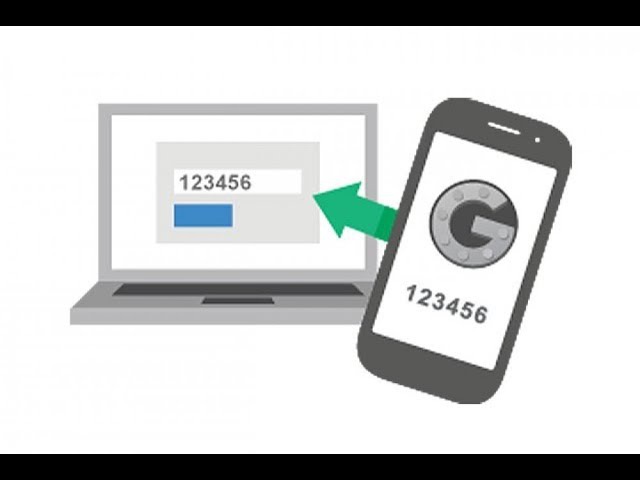SMS verification is an essential tool in today’s digital age, relied upon by corporations and individuals for its simplicity and effectiveness. It essentially acts as a shield that protects confidential information and accounts from unauthorized access. The process is set up to confirm whether a person trying to access a service is genuine or not. Basically, it unlocks a new layer of online security and significantly contributes to user authentication strategies.
In the SMS verification process, a unique code is sent to users’ mobile phones. The user must then input this code into the system, which is instantly checked for accuracy. If the code is correct, it verifies the user’s authenticity. This type of two-step verification process enhances security as it requires physical access to the user’s mobile device, making it a more challenging task for cybercriminals to gain unauthorized access.

Another essential benefit of the SMS verification process is its universal accessibility. This is significant against the backdrop of today’s globalized world, where the internet has transcended geographical boundaries. As almost every person on the planet owns a mobile phone, this security feature can be utilized universally. Moreover, SMS verification doesn’t require a high-speed internet connection for execution; it operates well even on slower networks, ensuring a seamless user experience.
However, no security measure is foolproof, and sms pva login verification is no exception. Some of the limitations associated with it include interception, social engineering, or SIM fraud, where malevolent individuals might circumvent the security protocols. Also, users experiencing issues related to network connectivity, number portability, or device compatibility may face barriers in utilizing this form of verification, thus underlining the necessity for having a backup verification method.
Apart from its robustness in securing user data, the SMS verification process also aids in user retention. Although it adds an extra stage in the user login process, it enhances user trust towards an application or a website. As online security threats continue to evolve, users tend to gravitate more towards platforms that offer an extra security layer. With ease of use and high accessibility, SMS verification has emerged as a significant determinant in heightening user engagement and user loyalty.
In conclusion, SMS verification is an important security feature in the digital world today. While it might have its limitations, its advantages – from accessibility and universality to easy user retention – make it an indispensable tool. With the ever-growing dependence on digital communication and transactions, it plays a pivotal role in ensuring cyber safety, thereby making the digital ecosystem a safer place
